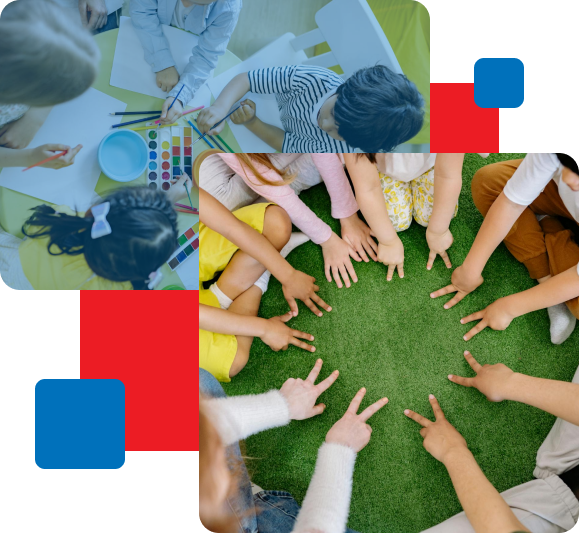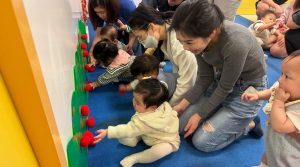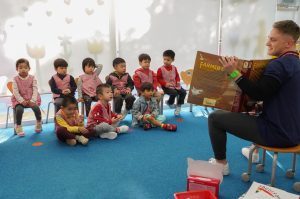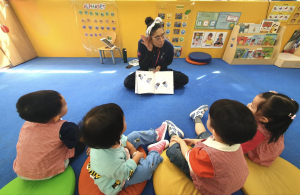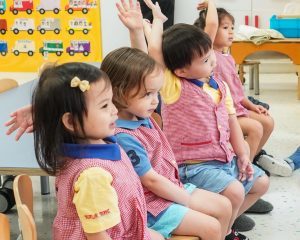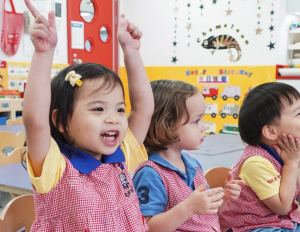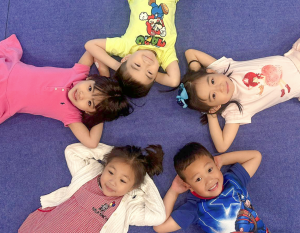As we embark on the journey of nurturing our children’s growth and learning, we recognize the invaluable role that parents play as key partners in our school community. It is our commitment to ensure that parents are consistently informed about the latest developments in the field of education. By doing so, we aim to empower parents with the knowledge and insights necessary to make well-informed decisions regarding their child’s early education.
Baby Attachment Theory: Understanding The 4 Attachment Styles
Why is it that some children are so clingy with their parents, while others pretend like their parents don’t exist? Attachment Theory explains how we form and maintain relationships with...
Understanding the Hong Kong education system
Hong Kong’s education system is renowned for its competitive local and international school sectors. It offers a wide range of school choices including local and international curricula, such as curriculum...
Understanding language development milestones
One of the most fascinating things about children’s development is how quickly they can pick up languages. At birth, newborn babies can only cry and make simple vowel sounds like...
Morning vs Afternoon Kindergarten in Hong Kong: Which Schedule Is Right for Your Child?
In Hong Kong, parents have to make a lot of choices when it comes to deciding their child’s early childhood education. From choosing between public versus private and local versus...
Half day vs. full day kindergarten: which is right for your child?
Parents face a multitude of decisions when it comes to deciding the best educational path for their children. In Hong Kong, this includes choosing between public and private schools, which...
What is Reggio Emilia approach? Principles & Benefits
Early childhood development is a vast landscape filled with different learning approaches. Among these diverse philosophies, The Reggio Emilia philosophy stands out for its self-guided curriculum and implementation of experiential...
A guide to the Primary One Admission System 2024-2025
Primary school admission is crucial as it sets the foundation for a child’s educational journey. The right school choice can provide a nurturing environment, quality education, and impact their overall...
Nurturing diverse strengths: using multiple intelligences theory in early education
Throughout history, intelligence has been defined in many different ways. Today, the predominant definition revolves around measuring IQ, as well as using standardized tests to examine children’s linguistic, mathematical, and...
Public vs private school in Hong Kong: Choosing the right one for your child
Hong Kong’s education system is known as one of the most competitive in the world, but that also means that you will never be short of options when it comes...
Inquire Now
Please complete the inquiry form below. Our school staff will be in touch to assist you very soon. Thank you and we look forward to meeting you!
